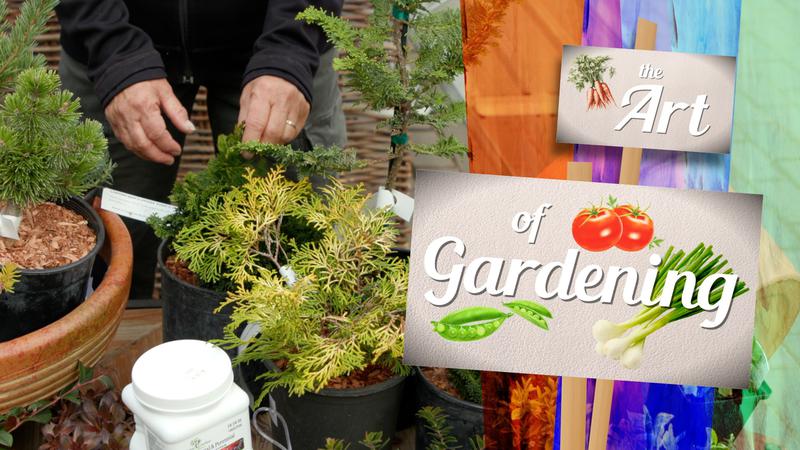Is the end of summer coming, or the end of days?
KAMLOOPS — Is the end of summer on the horizon, or the end of days?
It feels more like the latter. We’ve come to commonly apply the term “Apocalypse” to wildfire season. A sense of doom hangs in the air like thick smoke.
Earlier this year, scientists moved the Doomsday Clock 30 seconds closer to midnight. We’re now two-and-a-half minutes from destruction, symbolically speaking.
They blame climate change, worldwide nationalism, and Donald Trump.


